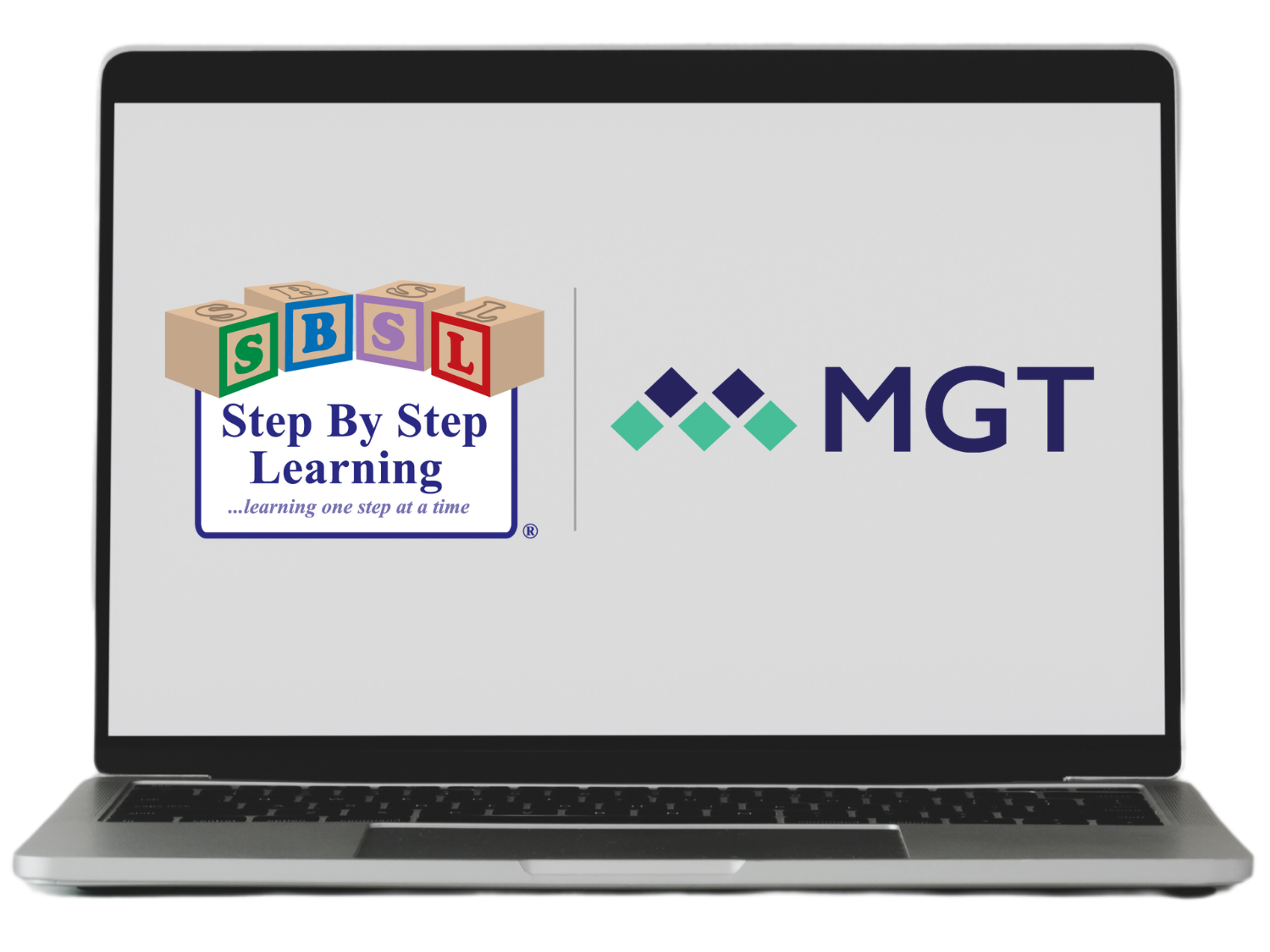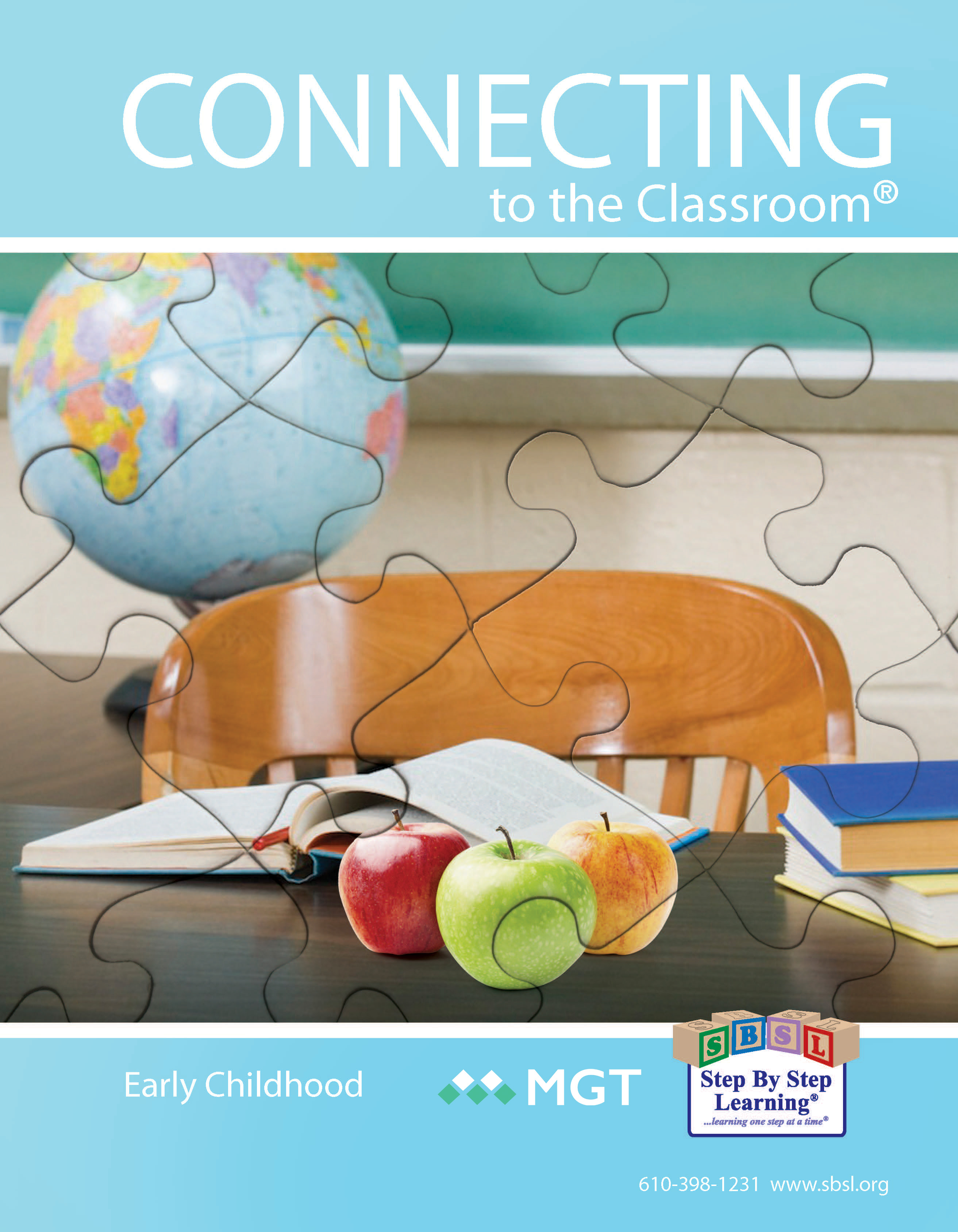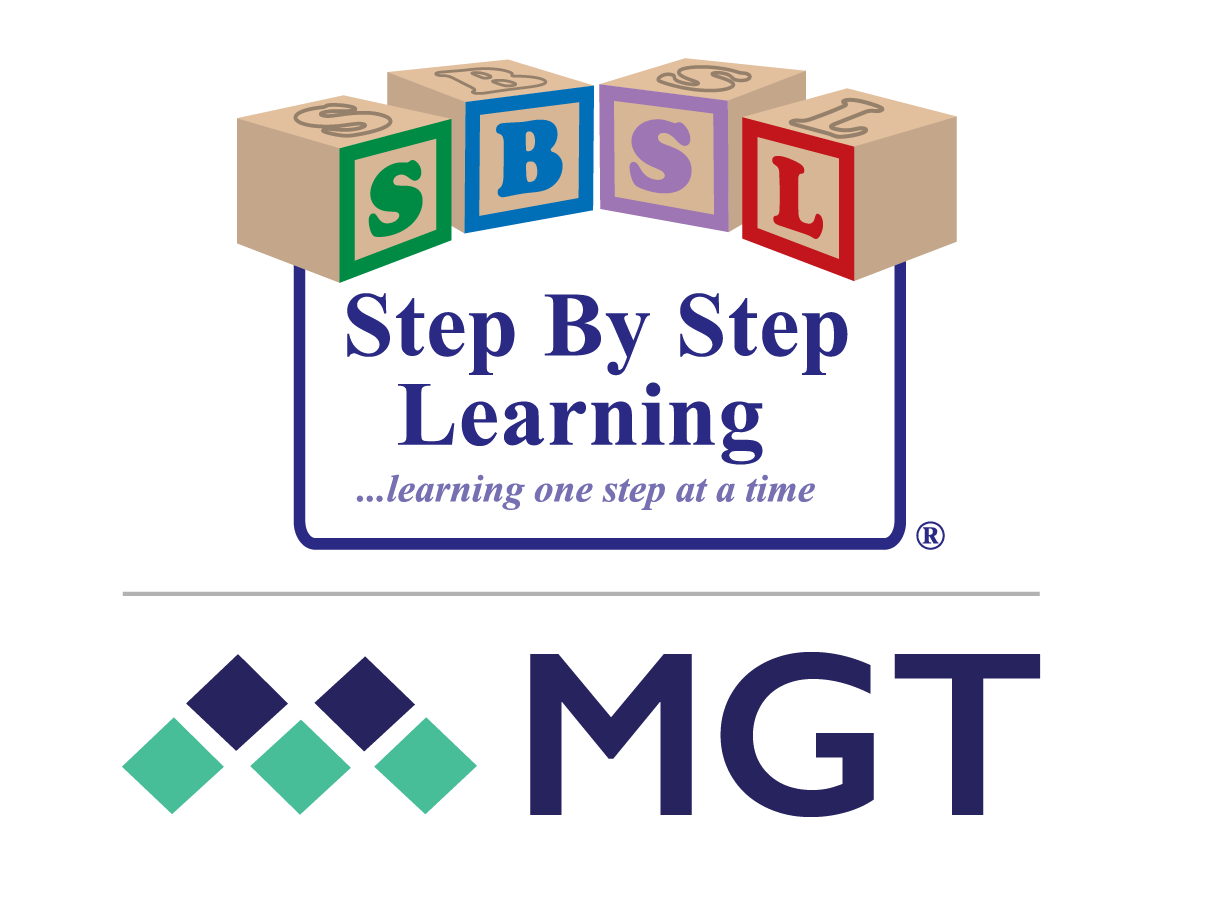Our full website is currently under construction.
For more information about any of our services or products, please contact us at [email protected].

Bringing all the pieces together for
academic improvement.
About Step By Step Learning®
Step By Step Learning® (SBSL), now a part of MGT’s Education Solutions Group, is a K-12 educational consulting company that is focused on implementing Structured Literacy and evidenced-based practices to accelerate children's reading at grade level.
SBSL's unique instructional methodology integrates all educators as stakeholders, including administrators, teachers, instructional coaches, and reading specialists, to create a team-based solution for fostering reading, writing, and spelling instruction that promotes the success of all students.
Our team is certified by a variety of organizations including the Center for Effective Reading Instruction (CERI), the Academic Language Therapy Association (ALTA) and Orton-Gillingham.
Our Impact
With over 20+ years of experience in teaching educators to implement the elements of Structured Literacy and Multi-Tiered System of Support Frameworks, we have supported hundreds of districts in obtaining increases of 35-75% in students reading on grade level, often in as little as 3-5 months.
Our Comprehensive Approach

Products & Services
Summer Courses for Educators
Make a strategic investment in your professional growth or the professional growth of your teaching staff. SBSL/MGT are now offering two-day live virtual structured literacy and science of reading courses.

Online Learning Library
Everything you need to know about teaching reading skills, available at your fingertips.
Small Group Automation Tool
Effeciently and effectively collect data and group students by skill level with lessons available for each targeted skill.


Connecting to the Classroom®
A series of training sessions that have been carefully designed to help teachers connect their knowledge about how students learn to read and transfer that knowledge directly into the classroom.
Additional Offerings:
• Professional Learning in the Science of Reading (SOR)
• Data Analysis and Data-Driven Decision Making
• Multi-Tiered Systems of Support
• Consulting and Educational Leadership
• Coaching and Modeling
• Teach Me to Read / Learn at Home (Parent Engagement)
• Structured Literacy Courses
Upcoming Webinars
April 29, 2024
4:30 - 5:30EST
Building Stronger Readers
through Spelling
Dr. Pam Kastner
This session highlights the reciprocal relationship between reading and spelling and its benefits to both essential language skills. Student spelling samples will be analyzed through the language lenses of phonology, orthography, and morphology to inform targeted instruction and intervention using effective instructional practices and routines.
May 20, 2024
4:30 - 5:30EST
Getting Started with a Successful MTSS Implementation
Dr. Cassandra Pencek & Dr. Kelly Powell-Smith
Join us for an illuminating journey through MTSS implementation in school districts. This presentation offers a comprehensive guide to kick-starting a customized MTSS process, drawing from historical context, research, and practical field insights. Participants will gain tools to assess current implementation and strategies for moving forward effectively in their MTSS journey.



